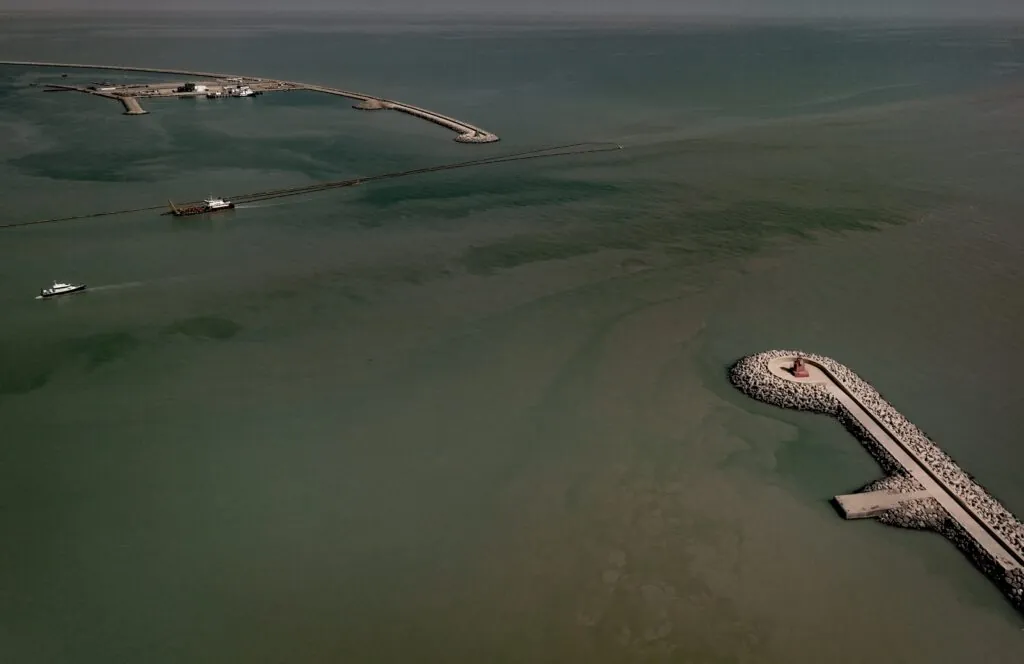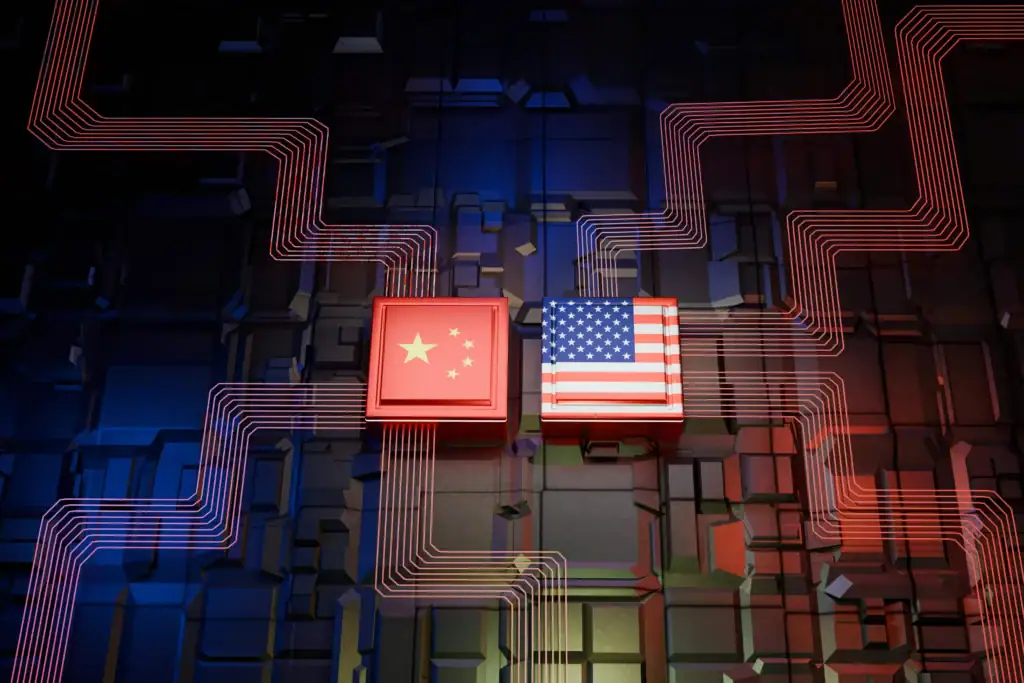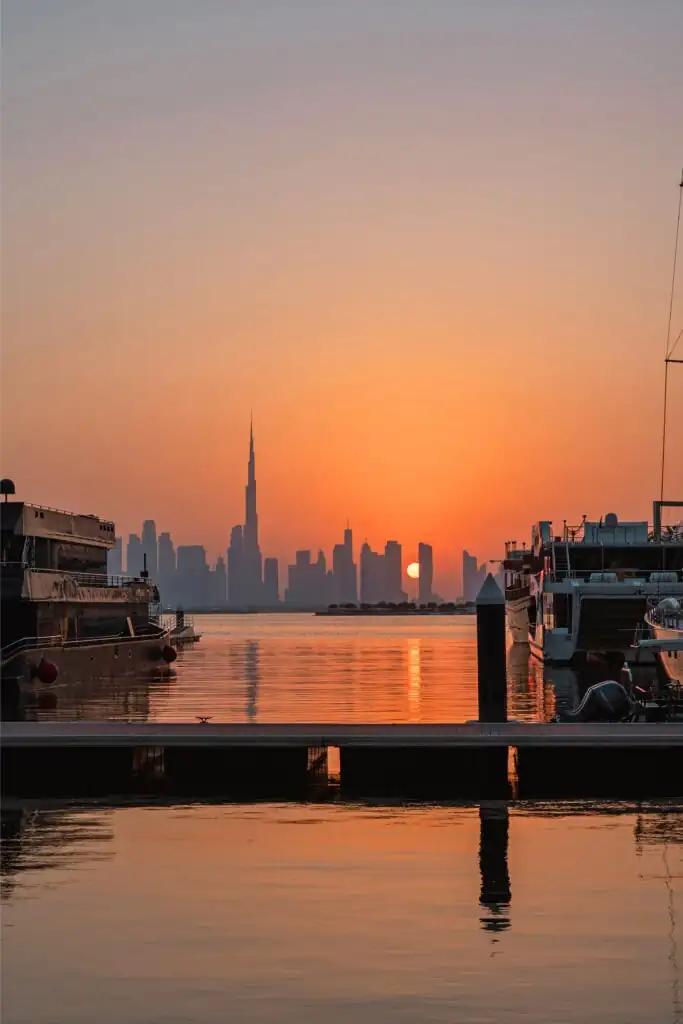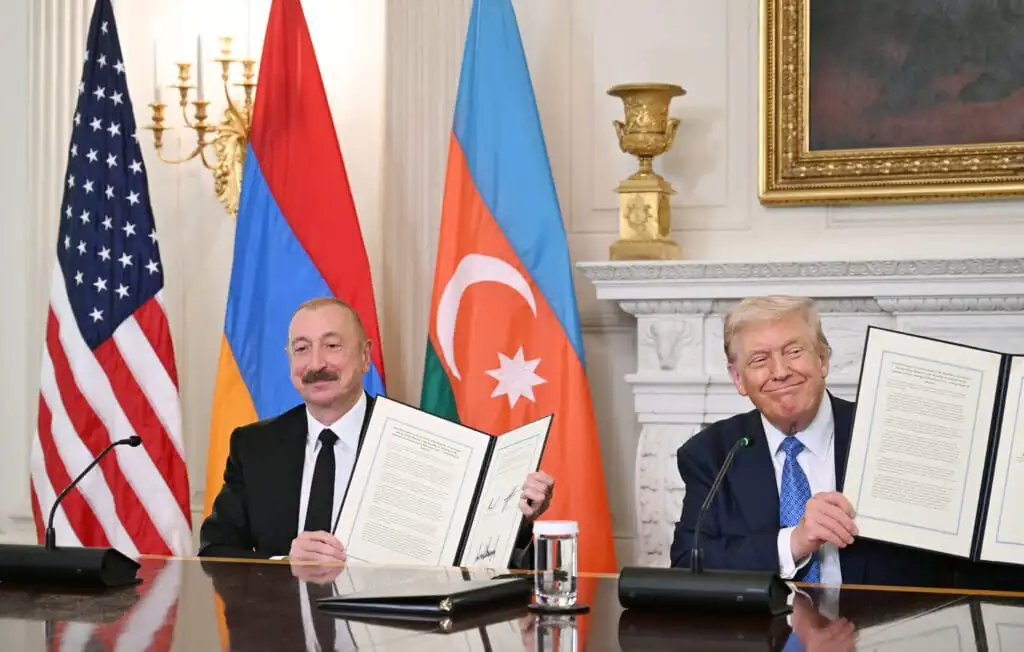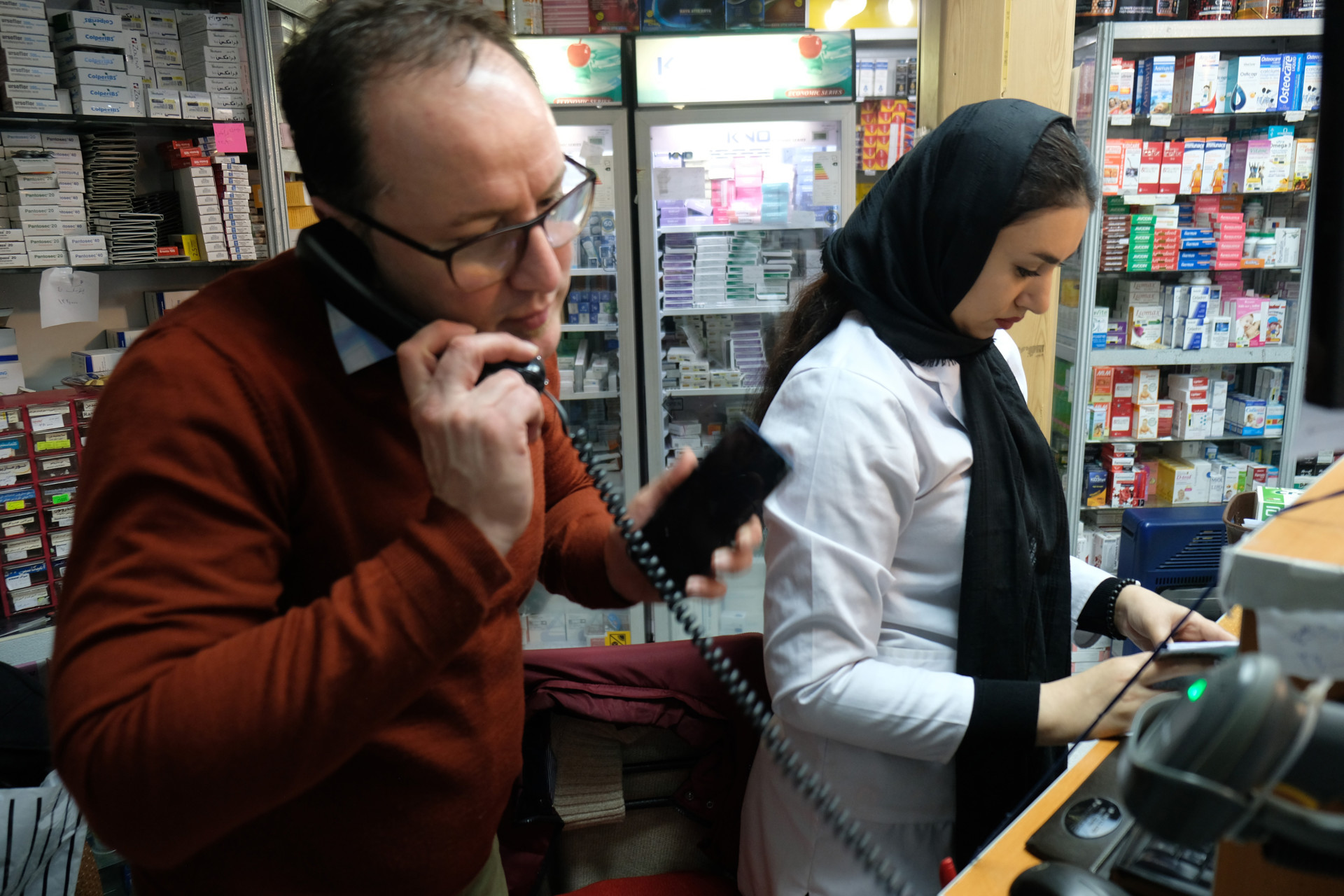
Weaponized Humanitarianism and COVID-19
China, Russia, Iran, and their partners are manipulating the post-COVID-19 global information environment to leverage scrutiny of the U.S. response to the pandemic in order to advance their strategic interests. This manipulation can be seen in the debate over the easing of U.S. sanctions on Iran, as well as states such as Syria and Venezuela. Good faith appeals for sanctions relief range from the U.N. secretary-general and a group of former Western officials to over 34 members of the U.S. Congress and a coalition of more than 40 American civil society organizations.
This lobbying effort is centered on Iran, as it is the epicenter of the COVID-19 crisis in the Middle East and the target of the Trump administration’s “maximum pressure” policy. Far from being calls for the blanket removal of sanctions, most are appeals to shore up Iran’s finances in the short-term and to facilitate aid mechanisms specific to tackling the effects of the contagion. However, given the prolonged nature of the COVID-19 pandemic and the economic and humanitarian ripple effects expected to persist beyond its denouement, calls for sanctions relief raise a bevy of international security and human rights concerns. The sanctions debate must be addressed with caution, as U.S. adversaries look to exploit narratives to wage disinformation campaigns designed to build global opposition to the use of sanctions as a tool of statecraft.
Washington as COVID-19 Scapegoat
On April 20, Iranian Foreign Minister Javad Zarif visited Syrian President Bashar al Assad in Damascus. Both decried U.S. sanctions, blaming Washington for their economic and humanitarian woes amidst the COVID-19 crisis (despite hundreds of thousands killed, millions more displaced, and a Syrian healthcare system decimated in large part by Assad and his state sponsors). Pilgrims, travelers, and foreign fighters from or sponsored by Iran traveled between their two countries as well as Lebanon and Iraq for weeks during the onset of the pandemic. Iran’s Supreme Leader Ayatollah Ali Khamenei’s response ranged from downplaying the health threat to spreading conspiracy theories about the United States being the cause of the pandemic and refusing U.S. aid. In early March, Syria’s health minister stated that there were zero cases of COVID-19 in Syria, while referring to Syrians in opposition-held territories as “germs” to be eliminated.
Iran’s regional behavior has not been characteristic of a country facing a pandemic. For instance, Iran has not paused its provocative military activity. Rather, it has sought to capitalize on the United States’ perceived vulnerabilities during the COVID-19 crisis, including by launching attacks on U.S. forces in Iraq and harassing U.S. Navy ships in the Persian Gulf. Israel’s continued strikes on Iranian and Lebanese Hezbollah targets in Syria indicate that Iran-backed proxies remain active in the Syrian theatre, notwithstanding COVID-19.
A European Union monitor claims that China, Russia, and Iran are using the pandemic in a harmonious, if not coordinated, information warfare campaign against the United States. President Donald Trump’s public management of the crisis as well as his suspension of U.S. funding of the World Health Organization (WHO) has cast doubt on the U.S. COVID-19 measures, making them leverageable for disinformation. The ambiguity around U.S. sanctions and the alienating effects of Trump’s “maximum pressure” Iran policy create resonance for Iran’s state propaganda, best characterized by Zarif stating that current U.S. sanctions “literally kill innocents.”
Decades of U.S. sanctions have cumulatively weakened the Iranian economy, thus limiting Iranians’ ability to procure medical supplies during the COVID-19 crisis. In addition to raising a number of international human rights law concerns, the humanitarian toll of the COVID-19 pandemic and the need for a globalized pandemic response have raised scrutiny of U.S. sanctions. However, the Iranian regime has weaponized the present humanitarian crisis to stoke anti-U.S. sentiment and deflect from its own corruption, poor governance, and domestic human rights abuses, to say nothing of its mismanaged COVID-19 response.
The U.S. Treasury’s Office of Foreign Assets Control, or OFAC, affirms that medical and humanitarian supplies are exempt from existing sanctions. Several countries, including U.S. allies, have been able to deliver COVID-19 aid to Iran through OFAC-approved channels. The Trump administration has attempted to spell this out, and the administration’s messaging demonstrates efforts to deny culpability for Iran’s failures, if not an attempt to communicate goodwill with the Iranian people. Prior to the pandemic, the administration demonstrated flexibility on sanctions. In January, the U.S. and Swiss governments established the Swiss Humanitarian Trade Arrangement, a due diligence mechanism enabling the export of medicine to Iran. And on March 31, the EU-Iran Instrument in Support of Trade Exchanges, a legal financial mechanism founded by the governments of the United Kingdom, France, and Germany confirmed its first transaction of medical goods to Iran.
Iran’s Costly Foreign Policy
Iran has spent hundreds of billions of dollars supporting regional proxies and transnational Shia militia over the past decade. The Iranian Revolutionary Guard Corps (IRGC) – formerly led by Qassem Soleimani, whom Trump ordered killed in January – gets its funding through its dominance in the Iranian black market as well as its embeddedness in the Iranian economy. The IRGC’s activity in the region has increased despite Washington’s reinstatement of sanctions following Trump’s de-certification of the Joint Comprehensive Plan of Action, the Obama-era nuclear agreement. One estimate has Iran spending about $15 billion annually for the past decade to prop up Assad. These expenditures have exacted a cost from the Iranian people, as expounded in popular protests across Iran over the past year.
Iran’s claims in late April of decreasing COVID-19 cases are dubious, but they undermine Iran’s narrative that U.S. sanctions have crippled Iran’s public health capacity, or that the lifting of sanctions is necessary to control the spread of the virus. Sanctions relief beyond mechanisms to relieve financial risk could end up enabling Iran’s regional behavior. The IRGC has already demonstrated efforts to consolidate gains in Iraq and Syria and to provoke U.S. allies in the Persian Gulf during this crisis. While some commentators are presenting the COVID-19 crisis as an opportunity to end regional conflicts, providing the IRGC a financial windfall will thwart efforts for peace.
Disinformation Masked as Humanitarianism
In Syria, as with Iran, the fixation on U.S. sanctions obfuscates poor governance and state-led violence. It also blurs the lines regarding the purpose of U.S. sanctions, such as the Caesar Syria Civilian Protection Act (2019), which in the Syrian context targets perpetrators of war crimes and crimes against humanity. Ceding to calls for lifting sanctions during and beyond the COVID-19 crisis poses risks and ignores clear, actionable recommendations for humanitarian relief in Syria.
On April 30, China’s U.N. envoy, Zhang Jun, condemned Western sanctions on Syria, assigning blame for the difficulties of humanitarian coordination on sanctions and infringements of Syrian sovereignty. But for the past decade of conflict in Syria, the impeding of U.N. aid to various parts of the country has been the result of political interference from the government in Damascus, with large elements of U.N. aid centralized through the Syrian capital city and cross-border and cross-line aid subject to rampant political interference from Syria and its Russian and Chinese allies on the U.N. Security Council. To address COVID-19, aid organizations called for the renewal of cross-border aid from Iraq into northeastern Syria and, reportedly, Russia and China have leveraged their UNSC veto power to pressure the WHO to exclude advocacy for renewed authorization of this crossing. Here and elsewhere, the WHO is accused of kowtowing to Russia and China’s attempts to assert geopolitical goals in humanitarian fora, fueling existing criticism of the U.N. agency.
The Trump administration should heed good faith calls by aid groups and U.S. and allied policymakers for more aggressive measures to smooth the way for transactions and alleviate Iran’s financial instability. The presumptive Democratic nominee for the U.S. presidency, former Vice President Joe Biden, issued a statement asserting the existence of humanitarian and medical exceptions in U.S. sanctions, and called on the Trump administration to “streamline channels for banking and public health assistance” to Iran. This approach would enable the United States to build goodwill while blunting Iranian and allied narratives, without lifting sanctions on human rights abusers, war criminals, terrorism financiers, and IRGC-backed actors.
Recommendations
The United States should, at minimum, facilitate risk alleviation and regulation mechanisms for banks, international humanitarian organizations, and states providing medical supplies for Iran’s COVID-19 response. The administration’s facilitation of the South Korean Humanitarian Trade Agreement with Iran, building off of the Swiss Humanitarian Trade Arrangement model, is a positive development.
The U.S. should continue to communicate COVID-19 relief measures, directing the U.S. Agency for Global Media, government social media in Farsi and Arabic, and other public diplomacy channels toward global audiences as appropriate.
Both the Trump administration and the Biden campaign should engage Iranian-American, Syrian-American, and other Middle Eastern American diaspora communities on the issue of sanctions, providing fact sheets and direct conversations with advisers on the effects of U.S. sanctions and U.S.-Iran policy.
As the Biden campaign communicates intent to pursue de-escalation with Iran and re-engagement on the Iran deal, regional events demonstrate that a nuclear deal cannot be decoupled from addressing Iran’s regional footprint. To this end, the Biden campaign should consider adopting former candidate for the Democratic presidential nomination Pete Buttigieg’s messaging on re-engaging the Joint Comprehensive Plan of Action, with the Iran deal as “a floor, not a ceiling.”
The views expressed in this article are those of the author and not an official policy or position of the New Lines Institute.

